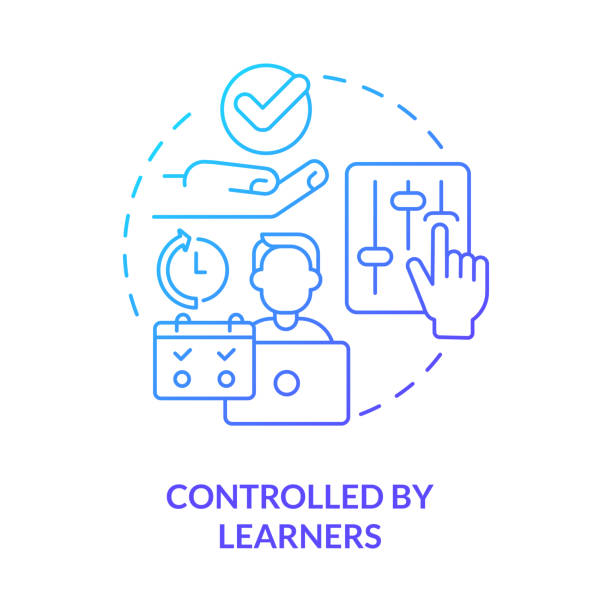Studying online offers flexibility and convenience, but it also requires self-discipline, time management, and effective study strategies to maximize learning outcomes. Here are some study strategies tailored for online learners:
1. Establish a Dedicated Study Space:
- Set up a comfortable and distraction-free study environment where you can focus and concentrate on your coursework.
- Designate a specific area in your home or workspace for studying, equipped with essential tools, materials, and technology needed for online learning.
2. Create a Structured Study Schedule:
- Develop a consistent study schedule that aligns with your personal preferences, commitments, and peak productivity times.
- Allocate dedicated time slots for studying, attending online lectures, completing assignments, and reviewing course materials regularly.
3. Set Clear Learning Goals:
- Define specific, measurable learning goals and objectives for each study session or learning module.
- Break down larger goals into smaller, manageable tasks and milestones to track progress and stay motivated.
4. Actively Engage with Course Material:
- Actively engage with course content by reading, watching lectures, participating in discussions, and completing interactive activities.
- Take comprehensive notes, summarize key concepts, and ask questions to clarify understanding and reinforce learning.
5. Practice Self-Discipline and Time Management:
- Practice self-discipline by setting boundaries, minimizing distractions, and avoiding procrastination.
- Use time management techniques such as the Pomodoro Technique or time-blocking to structure study sessions, maintain focus, and maximize productivity.
6. Utilize Interactive Learning Tools:
- Take advantage of interactive learning tools and resources provided by online platforms, such as quizzes, simulations, virtual labs, and multimedia presentations.
- Explore supplemental materials, open-access resources, and external websites to enhance understanding and deepen learning.
7. Foster Peer Interaction and Collaboration:
- Participate in online discussion forums, study groups, or virtual meetups to connect with peers, share insights, and collaborate on assignments and projects.
- Engage in peer review, peer feedback, and peer tutoring to exchange feedback, support each other’s learning, and foster a sense of community.
8. Seek Support and Clarification:
- Reach out to instructors, tutors, or academic advisors for support, clarification, and guidance when encountering difficulties or challenges.
- Take advantage of virtual office hours, online chat support, or email communication channels to address questions and concerns in a timely manner.
9. Practice Self-Assessment and Reflection:
- Regularly assess your progress and understanding through self-assessment quizzes, practice tests, or self-check exercises.
- Reflect on your learning experiences, identify areas of strength and weakness, and adjust your study strategies and goals accordingly.
10. Prioritize Self-Care and Well-Being:
- Prioritize self-care activities such as exercise, relaxation, and hobbies to maintain physical and mental well-being while studying online.
- Take breaks, stay hydrated, get enough sleep, and practice stress management techniques to avoid burnout and maintain overall health.
By incorporating these study strategies into your online learning routine, you can enhance your learning experience, stay motivated, and achieve academic success in your online courses. Remember to be proactive, stay organized, and adapt your approach based on your individual learning style and needs.
